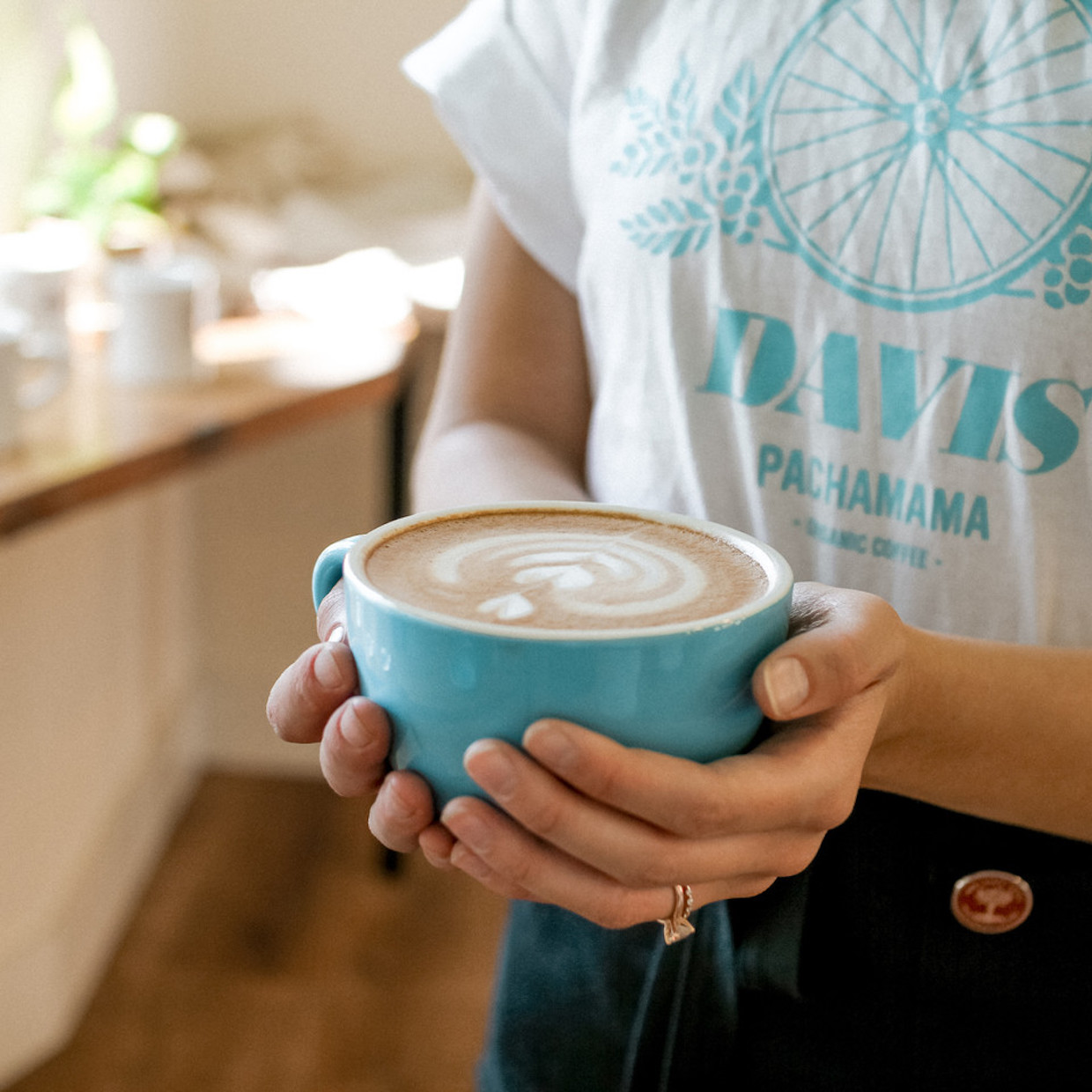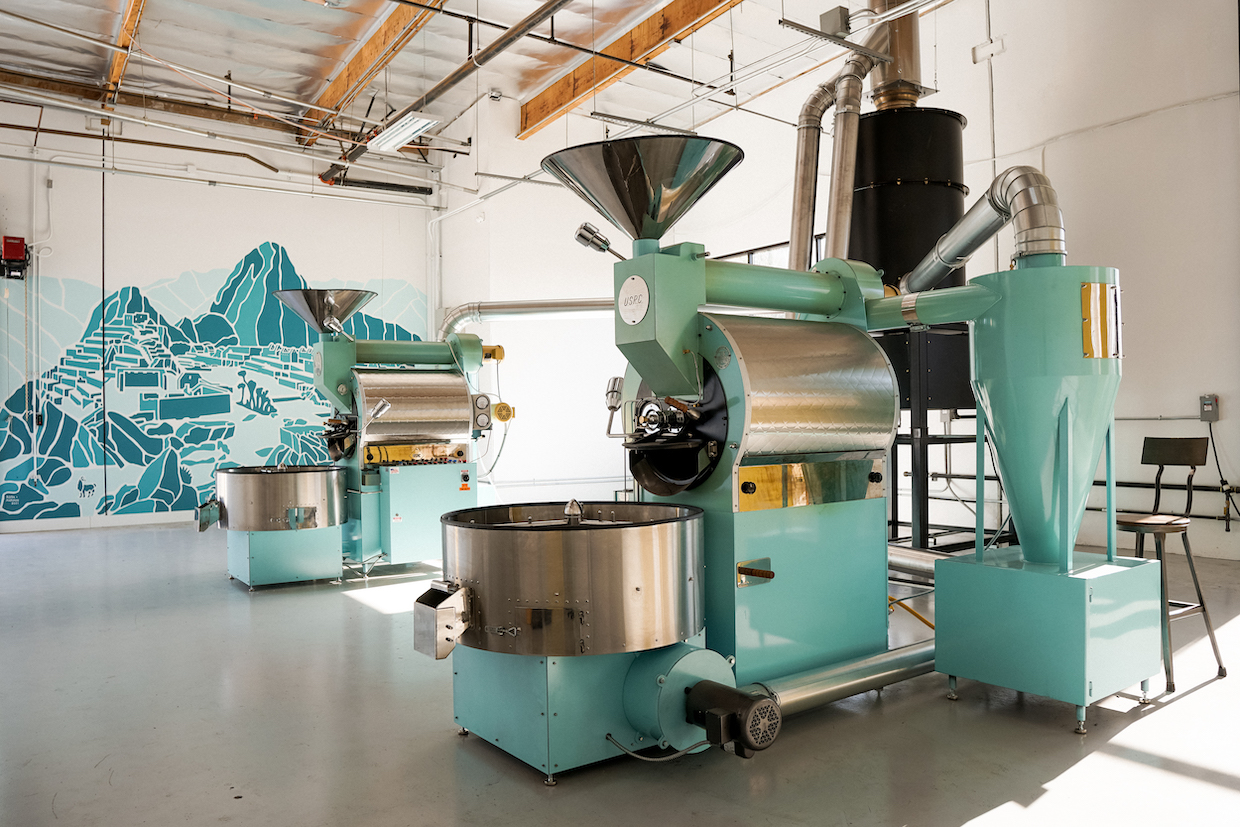Farmer-owned coffee company Pachamama Coffee recently expanded its presence stateside through multiple new partnerships with nearby UC Davis.
Pachamama will now supply the coffee to two student-run coffee houses on the main campus in Davis, while supplying the entire UC Davis Health campus in Sacramento.
With Pachamama’s roasting production based in Sacramento, the wholesale relationships certainly make sense in terms of proximity, but they also extend long-running cultural associations between the coffee organization, the university and the city.
Back in 2000, Nicolas D. Brown wrote Pachamama Coffee’s first business plan while attending medical school at UC Davis. That plan has since evolved into an innovative and awarded business model in the specialty coffee industry. The Pachamama cooperative is wholly owned and governed by smallholder farmers in Peru, Nicaragua, Guatemala, Mexico, and Ethiopia.
Meanwhile, UC Davis has in recent years become a leading institution in coffee research. The campus is home to the new UC Davis Coffee Center, which has embraced numerous private partnerships in the coffee industry while working alongside groups like the Coffee Science Foundation.
Outside of campus, Pachamama opened its flagship Davis cafe in 2020, and it has been a mainstay at the Davis Farmers Market and at numerous local grocers.
“Pachamama was born and raised in Davis, where we launched the country’s first farmer-owned coffee brand out of a garage,” Pachamama Coffee Co-Founder and CEO Theleon Tremain told DCN. “It’s an honor to serve our coffee here at home to the students, faculty and staff who share our vision of empowering smallholder farmers and regenerative farming practices.”
Tremain said that the coffee company does not have any immediate plans for new cafe openings, although they “plan to grow the coffee shop business” both in the United States and in countries of origin.
“Building a bridge straight to the consumer is what Pachamama does for smallholder producers who otherwise have zero market access,” Tremain said. “More importantly, perhaps, we offer consumers a direct link to their farmer and deeper impact with every coffee purchased. These relationships are the roots of our business and, when you think about it, the most essential roles in the coffee supply chain are the consumer and the producer. When Pachamama brands and brews coffee as a beverage, its retail value is north of $60 per pound, so it can be a highly profitable business. Unfortunately, virtually all of the coffee profits are earned by brands and retailers downstream, because they have the power to serve the consumer.”
Comments? Questions? News to share? Contact DCN’s editors here.
Related Posts
Nick Brown
Nick Brown is the editor of Daily Coffee News by Roast Magazine.








Comment